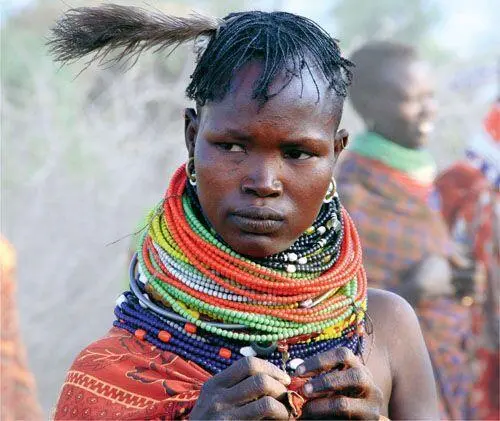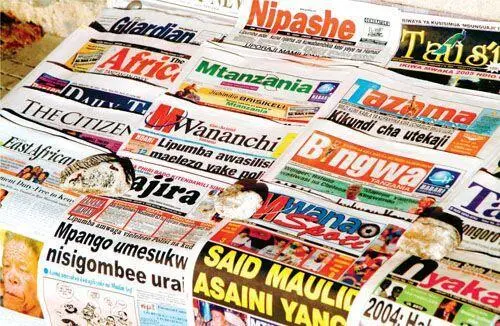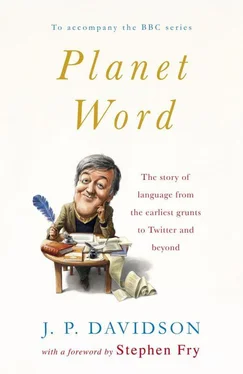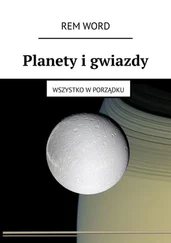There are around 195 countries in the world, and for many the name of the country refers to the language they speak — English for England, German for Germany, Chinese for China. Of the more than 6,000 languages on our planet, some are spoken by only a score of people living in a valley in Papua New Guinea, others, like Chinese, by over a billion. But scratch beneath the surface and, of course, even the seeming homogeneity of Chinese is an illusion; Chinese has in fact got seven distinct languages with many more dialects, although unified by one writing system. Then there are another 292 distinct ethnic languages within the People’s Republic of China.
So what has our language, our mother tongue, langue maternelle, Muttersprache, bahasa ibu , to do with our identity? What is certain is that language has been used to unify and oppress, liberate and imprison. It is part and parcel of conquest — be it Latin in the Roman Empire, Spanish in Latin America, Norman in Britain or English in North America. But lest we think it is all about Western imperial powers, over 600 years ago the Incas did it just as effectively, imposing their language, Quechua, on hundreds of tribes on the altiplano that they assimilated during the creation of their empire based around Cuzco in present-day Peru.
Language has always been a powerful weapon used to dominate and subjugate; far too often this has meant the proscription and eventual demise of the smaller languages. ‘Learn well the language of the whites. Do not rely on our language, there’s no value there. One’s future well-being is dependent on mastering the language of the foreign people.’ So spoke a Hawaiian to her granddaughter in 1896, and it is a tale that could be told all over the world. Little surprise, then, that we are losing languages at the rate of one every fortnight. By the end of the century it’s estimated there will be only 900 languages left in the world.
It matters because, more than an ID document or a passport, what defines us is our language. Go anywhere in the world and you will find examples of how linguicide, the death of languages, is having a devastating effect on identity. But there are also a few places where minority languages are fighting back.
Africa, the last victim of the colonial period, is a witches’ brew of languages. There are an estimated 1,500 different languages spoken in the fifty-two countries on the continent and for the fragile postcolonial nation-states this Babel is seen as an impediment to forging national identity and development.
The area round Lake Turkana — the Jade Sea or Lake Rudolph as it used to be called in school geography books — is the sort of habitat where Lucy, our early hominid progenitor, scrabbled about, hunting kudu and eking out a subsistence. The lake, in best postcolonial fashion, is now named after the predominant tribe of the area, the Turkana. They are a feared and uncontrollable lot and, for the British trying to ‘pacify’ this northern area of Kenya, as prickly as the acacia trees that define the landscape.
The Turkana tribe number some half a million and live in one of the most inhospitable places on earth: a semi-arid desert that stretches across northern Kenya and southern Sudan. They are a fierce and fearsome people who have defied colonization by both whites and blacks for over a hundred years but are now, through education, being brought into the fold of modern Kenya. But a consequence of this development is they risk losing not only their language but also their very identity.
The Turkana live for their livestock — oxen, camels, goats and sheep, in that order of importance — and will do anything to protect them. As a result they have become toughened warriors, much feared by their neighbours. They are monotheistic in the sense that they have a creator, Akuj, who is the bringer of rain, which to the Turkana is synonymous with life. Their culture is predicated on raiding the livestock of their neighbouring tribes, predominantly the Toposa over the border in Sudan and the Karamajong, who are spread out in an area spanning Kenya and Uganda. They love fighting as much as they do their oxen. All the young men, rather unnervingly, carry Kalashnikovs. Wealth is counted in livestock and not much else for the men whilst the women are adorned with an extravagant number of beaded necklaces — so many that their necks are never seen. A rich woman will wear a good 5 kilos of beads, and they are never taken off.

Turkana women wear up to 5 kilos of beads around their necks that they never take off
Being nomadic, the Turkana did not take kindly to the imperial powers’ ludicrous method of creating borders. Their land was split between Sudan, Uganda and Kenya, so the borders were irrational to them. The one with Sudan seemed the work of a particularly indolent cartographer who must have got bored and simply drawn a straight line. Turkanaland was eventually integrated into Kenya, albeit cut off from the rest of the country by the Closed Districts Ordinance, which prevented all but a few officials from entering the area. It was only in 1964, after independence, that President Jomo Kenyatta repealed the Ordinance, and it was deemed safe enough to let people travel there. Few did. The Turkana were left alone for most of the twentieth century, and the changes in their lifestyle were minimal. Their survival continued to rely heavily on the rains, and the excitement of cattle raiding carried on as usual. Isolated from the political and economic life of the rest of the country, they felt little pressure to adapt to the changing face of postcolonial Kenya. Their identity was unchallenged.
As always in Africa the sheer number of tribes within each nation-state has created linguistic problems. The Turkana language is just one of 69 in Kenya. Tanzania has 128, Congo 242, Nigeria more than 500. Tribal allegiances are still the most powerful forces within these countries, and mutual incomprehension impedes social and political cohesion. You only have to look at the history of civil wars from Biafra to Rwanda to see the tragic consequences. The answer in Kenya, as indeed in much of east Africa, has been to adopt Swahili as a lingua franca, so that at least there’s one language which everyone can speak and understand.
Swahili (from the Arabic sahil , meaning ‘coastal dwellers’) is an odd creation. Originally a language for trade, it mixed local Bantu dialects along the east African coast with elements of Arabic, Portuguese, French, German and English. It was barely a written language but after independence it was the natural choice to become the language of the new states. Tanzania, under its first president, the visionary socialist Julius Nyerere, adopted it vigorously, hoping that it would eliminate tribal differences and unite the country. Jomo Kenyatta in next-door Kenya similarly adopted it as the lingua franca and language of instruction in schools, albeit with English still being widely taught and spoken.

English- and Swahili-language newspapers on sale in Africa
For the Turkana, Swahili had some uses for trading but not much else. Schools were non-existent until very recently, and it was the work of the Catholic missionaries in the 1960s that introduced a written script into a hitherto entirely oral language
The market in Loki is a bustle of Turkana, who’ve walked in from the desert to shop at the Arab and Somali stalls selling everything from mobile phones to beads and foodstuffs. All the trade with non-Turkana shopkeepers (about 95 per cent) is being conducted in Swahili. It’s not particularly elegant Swahili but it works. Speaking Swahili is just a practical necessity. But in Loki’s government-run school, it’s evident that Turkana is not being taught at all. Instruction is either in Swahili or English for some subjects. So the young Turkana who do go to school, albeit still a small percentage of the population, are in danger of losing their mother tongue — the pressure to conform and speak either Swahili or English is just too great.
Читать дальше














